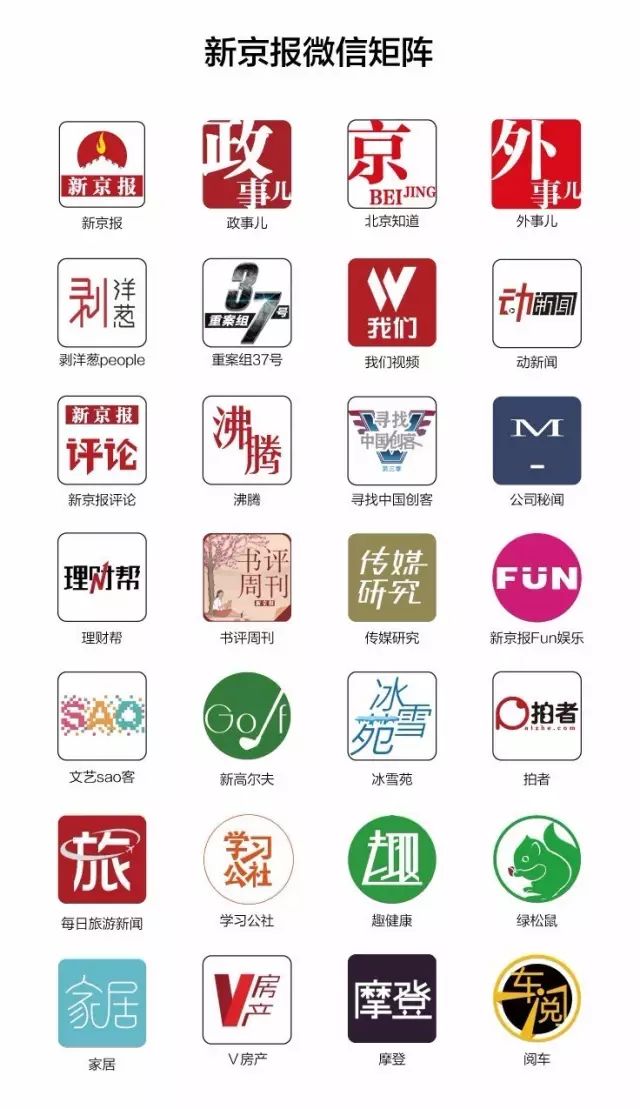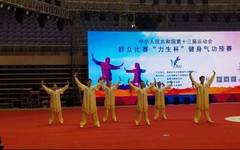Qigong’s inclusion in the National Games is not about legitimizing ‘pseudo-qigong’ but rather confirming the significance of ‘authentic’ health qigong.
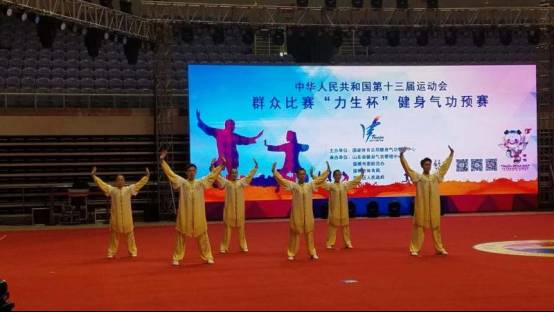
▲Image source: Fujian Provincial Sports Bureau
Written by: Kan Ren
When it comes to qigong, many people immediately think of masters like Wang Lin and Li Yi, and the pop-up thoughts in their minds are often about ‘remote energy projection’ and other supernatural skills, leading them to label it as ‘pseudoscience’. This may be a misinterpretation of qigong through a ‘mystical’ lens, conflating it with the antics of ‘quacks’.
This year’s National Games has included ‘health qigong’ as a competition event for the first time. Reports indicate that there are six gold medals available in the health qigong category, including Yijinjing (易筋经), Wuqinxi (五禽戏), Liuzi Jue (六字诀), Baduanjin (八段锦), and Qiwuhua (气舞), with participants selected from skilled practitioners in the community.
The inclusion of qigong in the National Games may evoke a sense of ‘time travel’ for many, comparable to the astonishment of seeing Zhu Qingshi explain qi scientifically. However, health qigong is merely a return to the essence of qigong, entirely distinct from those ‘pseudo-qigong’ practices.
Tracing the origins of qigong, it was initially used for health and wellness. The foundational text of qigong medicine, the Huangdi Neijing (《黄帝内经》), discusses concepts such as ‘internal guarding of the spirit’, ‘independent guarding of the spirit’, ‘transmitting spirit’, ‘controlling spirit and gathering the soul’, ‘harmonizing the heart’, and ‘calming the mind and regulating qi’, emphasizing that ‘regulating the spirit’ (调神) is a fundamental characteristic of qigong. Confucius’s ‘guarding the center’, Laozi’s ‘method of guarding unity’, Zhuangzi’s ‘breathing out the old and taking in the new to nourish the body’, and Mencius’s ‘nurturing the qi of the vastness’ are all considered theoretical foundations of qigong.
This can also be explained in modern scientific terms: it involves adjusting the spirit and self-hypnosis (entering tranquility) to harmonize the physiological functions of various systems within the body, which indeed helps prevent diseases. Some illnesses are related to cognitive and emotional factors, and qigong emphasizes tranquility of the mind, focused attention, breath regulation, and routine movements, which can strengthen the body and cultivate character, leading to alleviation or even recovery. This is akin to the practice of ‘sitting meditation’ in Buddhism.
Qigong was originally intended for self-cultivation and health, and it is inherently benign. However, many ‘masters’ have targeted the concept of ‘qi’, wrapping it in Eastern mysticism, mixing it with folk sorcery, religious knowledge, magic tricks, and fraudulent techniques, promoting ‘extraordinary abilities’ and ‘special energy fields’, treating qigong as a ‘supernatural skill’ to perform feats such as ‘mind over matter’, ‘remote object retrieval’, and ‘pouring wine into an empty cup’, which clearly misrepresents the intended health and wellness practices of qigong.
Nevertheless, whether it was the ‘modern Hua Tuo’ Hu Wanlin, the ‘extraterrestrial visitor’ Zhang Baosheng, the ‘modern Jigong’ Yan Xin, or ‘master’ Wang Lin, they have all engaged in deception. The qigong craze that began in the 1980s gradually faded after the ‘water-to-oil’ incident, the ‘extraordinary abilities’ craze, and the ‘energy projection to extinguish the Daxing’anling forest fire’ legend were debunked by scientific scrutiny; law enforcement agencies have also identified practices like Yuanshi Gong, Kunlun Goddess Gong, Bodhi Gong, Xiang Gong, or Aromatic Wisdom Qigong, Natural Extraordinary Gong, and others as harmful and illegal qigong.
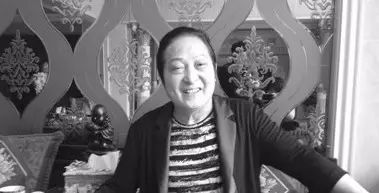
▲On July 17, 2013, Wang Lin was interviewed at home by a reporter from the Beijing News
With the elimination of the false and the retention of the true, the mainstream of qigong is returning to ‘authentic’ practices like Tai Chi and Wuqinxi, which have been demystified. Although figures like Wang Lin and other ‘pseudo-qigong masters’ have profited from their supernatural claims, the market for pseudo-qigong is gradually shrinking, ultimately being exposed by the media and netizens.
Disputes regarding the scientific aspects of qigong are likely to persist, but qigong remains qigong, and the tricks of the ‘masters’ are merely tricks. If one uses deception to ‘blacken’ qigong, it is akin to using a fake Monkey King to deny the real Sun Wukong, claiming he is a ‘demon with evil hair’; this blame certainly does not fall on Sun Wukong.
Therefore, the inclusion of qigong in the National Games is not out of place, just as the inclusion of esports in competitive events is reasonable. It is not about legitimizing ‘pseudo-qigong’ but merely confirming the significance of ‘authentic’ health qigong. Ultimately, this serves to clarify misunderstandings and stigmatization surrounding health qigong for many.
□ Kan Ren
Editor: Yu Gui Intern: Chun Jie Proofreader: Lu Aiying
Recommended Reading:
A tragic incident where a walking group was hit, resulting in one death and two injuries; don’t just blame the driver
Why are post-90s individuals willing to divorce? Because their parents have saved up capital for them
As a law teacher, why do I also work as a part-time lawyer?
Are large and beautiful bookstores killing books?
From the Golden Leopard to Qiao Jiangnan, they are all playing the capital story
The Prime Minister of Ireland is 38, the President of France is 39, the Chairman of the Austrian People’s Party is 31, and the Prime Minister of Estonia is 38; are young people about to dominate European politics?
Special Reminder: If your comment is selected for the A03 version of the Beijing News ‘Micro Words and Great Meaning’, please reply with your ‘real name + bank card number’ in the background
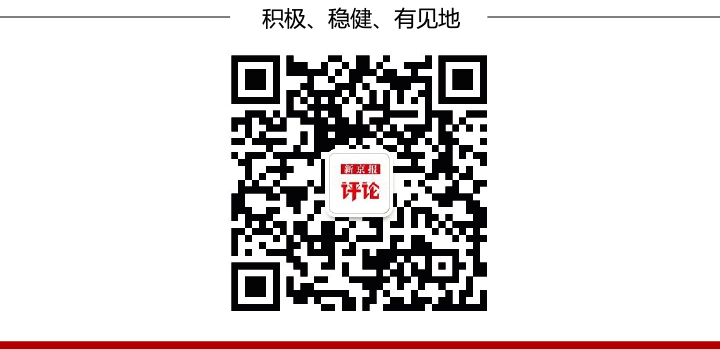
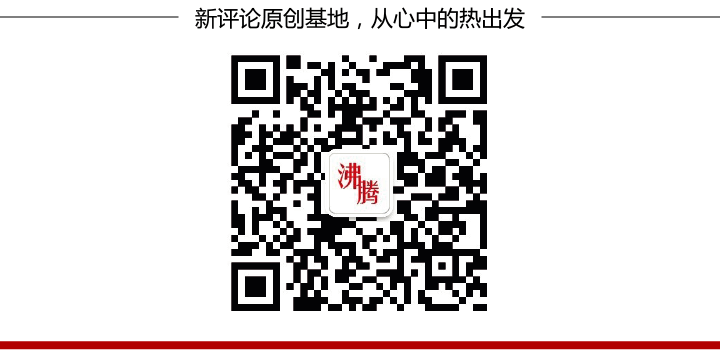
This article is an original content of the Beijing News
Unauthorized reproduction and use of this article without written permission from the Beijing News is prohibited
